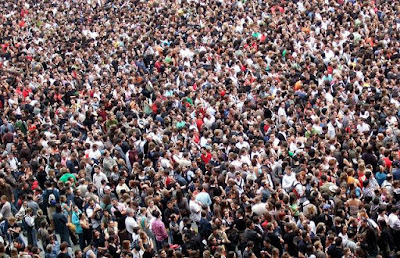Luke 6:20-31 Jesus looked up at his disciples and said:
"Blessed are you who are poor,
for yours is the kingdom of God.
"Blessed are you who are hungry now,
for you will be filled.
"Blessed are you who weep now,
for you will laugh.
"Blessed are you when people hate you, and when they exclude you, revile you, and defame you on account of the Son of Man. Rejoice in that day and leap for joy, for surely your reward is great in heaven; for that is what their ancestors did to the prophets.
"But woe to you who are rich,
for you have received your consolation.
"Woe to you who are full now,
for you will be hungry.
"Woe to you who are laughing now,
for you will mourn and weep.
"Woe to you when all speak well of you, for that is what their ancestors did to the false prophets
"But I say to you that listen, Love your enemies, do good to those who hate you, bless those who curse you, pray for those who abuse you. If anyone strikes you on the cheek, offer the other also; and from anyone who takes away your coat do not withhold even your shirt. Give to everyone who begs from you; and if anyone takes away your goods, do not ask for them again. Do to others as you would have them do to you.”
Reflection The French Philosopher Louis Lavelle lived the first half of the twentieth century and wrote, “Saints are those who teach us how to live in the visible world by seeing things invisible.” He taught that we live in both the world of nature and “the world of Spirit and through our experience in the natural world we may come to realize our spiritual powers.” Through choice and diligent practice some people come to experience nature and spirit in unity rather than duality. These are the people we recognize as saints.
In his essay, “The Meaning of Holiness”* Lavelle insists that we all have the potential to be saints, which is to say, to experience the presence and action of God with us. Saints are ordinary people who live extraordinary lives because of their disciplined intention to live aligned in the will of God and in right relationship with all people.
As Christians we are all members of the Communion of Saints. Our selves, our souls and bodies are the means by which we participate in the Communion. Much like accomplished baseball pitchers, pianists, professors, construction workers, teachers or firefighters who persist in disciplined practice and study in their respective fields, if we aspire to holiness of life we must exercise our spiritual muscles through disciplined prayer, worship, study and diligent practice of generosity and loving-kindness.
When we make choices for something, that means we leave some things behind. That is what the teenage peasant girl Mary did when the angel Gabriel informed her that she would be pregnant and give birth to the son of God, and she responded, “Let it be with me according to Your word.” (Luke 1.38) That is what Simon, called Peter, and his brother Andrew did when they put down their nets to follow Jesus near the sea of Galilee. (Matt 4.18) That is what each of us do every time we chose to live “with God” life and pray, “Not my will, God’s will be done.” The question is, what do we need to leave behind in order to continue God's generosity and loving-kindness in our world?
Saints are ordinary people who persist, with God’s help, in aligning their will in the will of God and in so doing their ordinary lives are transformed into extraordinary expressions of God’s generosity and loving-kindness for the good of all people.
*Lavelle,Louis. The Meaning of Holiness., London, Burns & Oates, 1953
If you found this post to be meaningful please share by clicking on icons below. Thank you.



